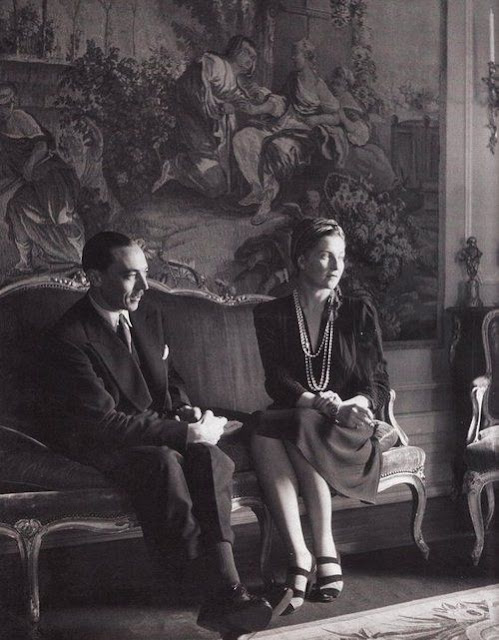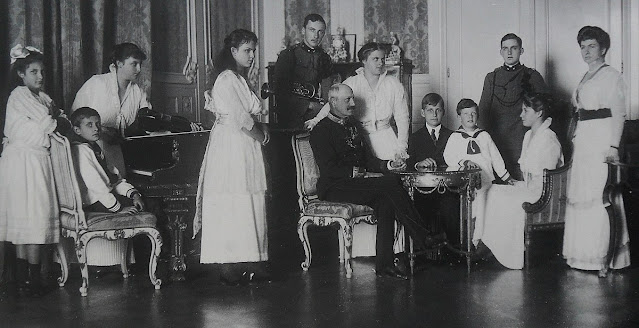From Tzeitel to Bielke: The Five Daughters of Tevye
 |
| (From L-R) Rosalind Harris as Tzeitel, Neva Small as Chava and Michele Marsh as Hodel from Fiddler on the Roof |
When I very first saw Fiddler on the Roof, a 1971 film adaption of the musical based on a series of Yiddish stories written by Sholem Aleicham from 1894 to 1914, I fell in love. History has always been my passion, one my family kept stoked through books and movies. My mother always made sure my sister and I were exposed, especially to films, that would widen our cultural horizons. Ever since then, I've had a love and admiration for the Jewish culture, and of course that love connects to my other passion--names! Combining the two has led to this (very fun for me) post, featuring information about the names of Tevye's five strong-willed daughters. I hope you enjoy reading it as much as I did writing it! Here they are, from oldest to youngest:
Tzeitel -
Origin: Yiddish
Gender: Female
Pronunciation: SZIGH-tull
Meaning: A diminutive of Sarah; "Princess"
Other Forms: Sarah, Sara, Sarai, Sally
This Yiddish diminutive of Hebrew Sarah is fun and spunky, thanks to that zipper-y Z in the forefront. In the Bible, Sarah is Abraham's wife and matriarch to the Jewish people. Most famously, she was barren until falling pregnant with Isaac at the age of ninety! Originally she was named Sarai, before God changed her name, like he did with Abraham. It is a rare name, like with most Yiddish names, but an extremely beautiful one with a wealth of history behind it. I'd love to see it revitalized and used on a modern girl.
Hodel -
Origin: Yiddish
Gender: Female
Pronunciation: HOH-dul
Meaning: Diminutive of Hode, a Yiddish short form of Hadassah; "Myrtle Tree"
Other Forms: Hode, Hadassah, Hadasa, Hadas
We have another beautiful Yiddish diminutive here with Hodel, which is actually a diminutive of a diminutive--Hode! Hode itself comes as a short form of one of my favorite Hebrew names, Hadassah. Hadassah means "myrtle tree", and is most famously the original name of Queen Esther from the Bible. Myrtles are found mostly in Upper Galilee and Golan Heights in Israel, and have several uses in folk medicine, ritual, incense and even perfume. It symbolizes wealth and prosperity, and in the first tractate, Berakhot, of the Seder Zeraim (Order of the Seeds) found in the Talmud and Mishnah it says "If you dream about myrtle, your property will prosper, and, if you don’t have property, you will inherit property".
Chava -
Origin: Hebrew
Gender: Female
Pronunciation: kha-VA, hah-VA
Meaning: "To Breathe"
Other Forms: Chawwa, Hava, Havah, Hawa, Eve, Eva, Efa, Ewa, Ava
Chava is a beautiful, classically Jewish name. Before there was Eve, there was Chava, or more accurately, Chawwah, which comes the Hebrew chawah, meaning "to breathe". It also might have roots in the word chaya, which means "to live". Eve of course, along with Adam, was one of the two first humans to live and the progenitors of the "original sin", when they disobeyed God and ate the forbidden fruit. Despite the negative connotations, Eve and Chava have both been used in Christianity and Judaism for centuries. Two interesting namesakes are Chava Shapiro, a Russian-Jewish writer who was a pioneer of Hebrew women's literature and feminist literary criticism, and Chava Rosenfarb, a Holocaust survivor and author of Yiddish poetry and novels.
Shprintze -
Origin: Yiddish
Gender: Female
Pronunciation: SHPREEN-tzeh
Meaning: Possibly "To Hope"
Other Forms: Sphrintzel, possibly Esperanza
Very little is known about this light and bubbly name, except that could possibly be the Yiddish form of the Spanish Esperanza. Esperanza comes from the Late Latin name Sperantia, which comes from the word sperare, meaning "to hope". A lovely meaning for a lovely name.
Bielke -
Origin: Yiddish
Gender: Female
Pronunciation: BEEL-kuh, BILL-kuh
Meaning: "White"
Other Forms: Bielka, Beylke, Beyle, Baila, Běla
Bielke is thought to simply be a form of the Yiddish Beylke, a diminutive of Beyle. Beyle comes from the Slavic word belu meaning "white". Related names are Baila, and the Czech Běla, which has the same root.



Comments
Post a Comment